You'll need three essential safety items for perfume creation: chemical-resistant gloves (preferably nitrile) to protect your hands from concentrated ingredients, ANSI-certified safety glasses with side shields to guard your eyes, and non-porous protective clothing like aprons or coveralls to shield your skin and clothes from spills. These items form your basic safety foundation, but there's much more to keeping yourself protected while crafting fragrances.
Chemical-Resistant Gloves and Their Role in Perfumery
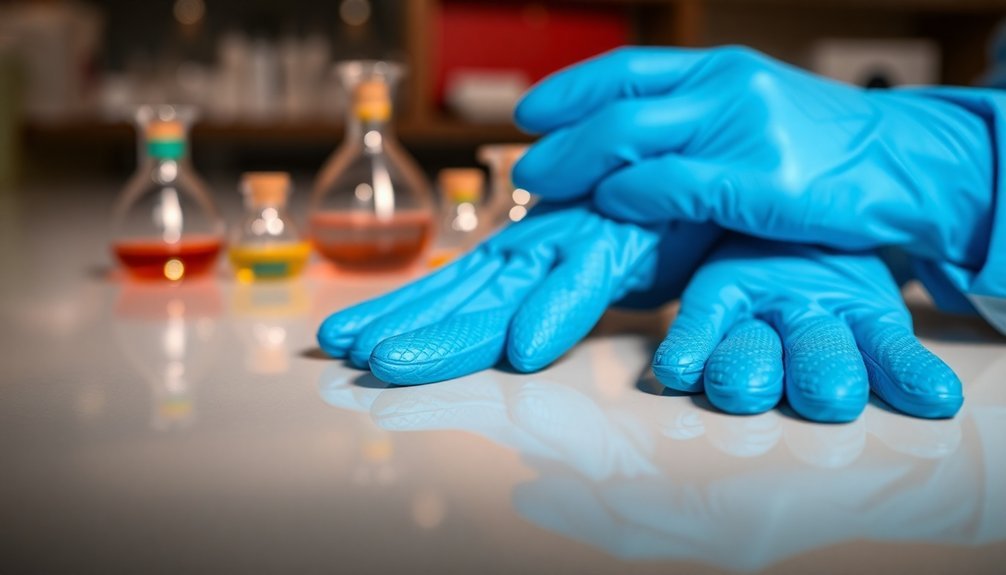
When working with concentrated fragrance materials, chemical-resistant gloves serve as your first line of defense against potential skin exposure and reactions.
You'll find nitrile or latex options particularly effective, as they're specifically designed to protect against the solvents and raw materials you'll encounter in perfume creation.
When selecting chemical-resistant gloves, make sure they're rated for the specific ingredients you're handling.
You'll need gloves that maintain your dexterity for precise measurements while providing reliable protection.
Don't forget to inspect your gloves regularly for any damage – tears or punctures can compromise your safety.
Remember to remove your gloves before touching clean surfaces to prevent cross-contamination in your workspace.
This simple practice helps maintain the integrity of your perfume formulations while keeping you safe.
Eye Protection Solutions for Essential Oil Handling
Just as your hands need protection, your eyes require proper safeguarding while working with concentrated essential oils. When testing scent strips and handling raw materials, you'll need safety glasses with side shields that meet ANSI Z87.1 standards. Clear lenses work best for indoor perfumery, but consider anti-fog options in humid environments.
| Feature | Benefit | When to Use |
|---|---|---|
| Side Shields | Full coverage | Always |
| Clear Lenses | Better visibility | Indoor work |
| Anti-fog Coating | Prevents clouding | Humid conditions |
Maintain a dedicated pair of safety glasses for your perfumery work to prevent cross-contamination. You'll want to regularly check your eyewear for scratches or damage that could compromise your visibility and safety. Remember, damaged lenses won't provide adequate protection when you're working with essential oils.
Protective Clothing and Workspace Ventilation Systems
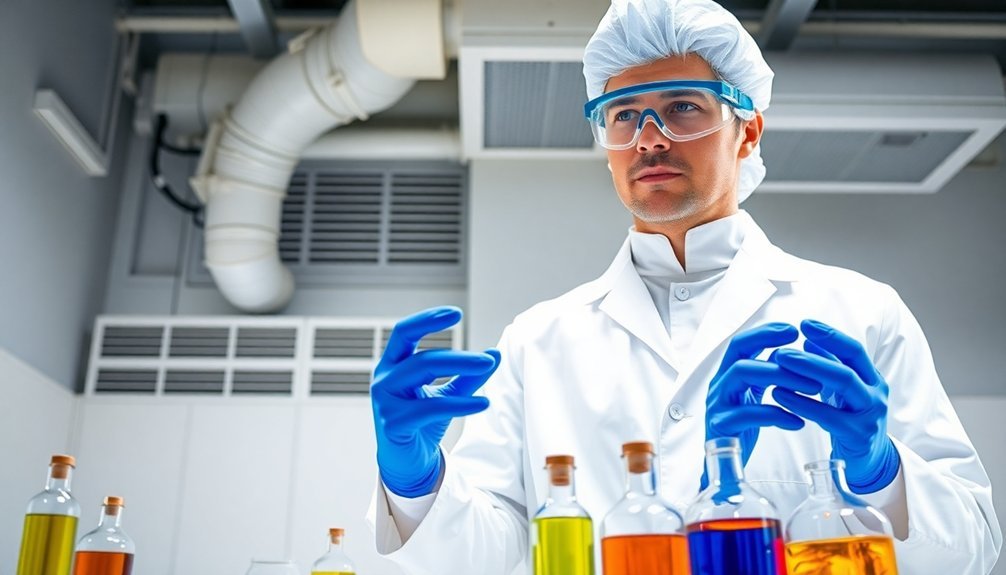
Proper protective clothing and ventilation form the foundation of a safe perfume-making workspace.
You'll need non-porous coveralls or aprons to shield your skin and clothing from chemical spills while handling fragrance materials. Don't forget to wear nitrile gloves, as they're vital for protecting your hands from concentrated ingredients that could cause irritation or allergic reactions.
Your workspace ventilation system plays an essential role in maintaining air quality and dispersing potentially harmful vapors.
Install a fume hood or exhaust fan to guarantee proper air circulation during the mixing process. Keep your work area clean and organized to prevent accidents and contamination.
This systematic approach to protective clothing and ventilation will create a safer environment for your perfume-making endeavors.
Frequently Asked Questions
What Equipment Do You Need to Make Perfume?
You'll need beakers, droppers, measuring tools, and bottles for mixing. Don't forget essential safety gear like nitrile gloves, safety glasses, masks, and protective clothing. Work in a well-ventilated space.
What Is the Best Fixative for Perfume Making?
You'll find natural resins like benzoin, myrrh, and labdanum are top fixative choices. They'll effectively stabilize your fragrance, while synthetic options like Iso E Super and Ambroxan offer excellent longevity for your perfumes.
What Do I Need to Start Making Fragrances?
You'll need essential oils, carrier oils, alcohol base, measuring tools, and storage bottles. Don't forget safety gear like nitrile gloves, protective eyewear, and a mask to protect yourself while mixing ingredients.
What Precautions Should Be Taken When Using Perfume?
You'll want to test perfume on a small skin patch first, avoid spraying near eyes or mouth, don't apply on broken skin, and use sparingly. Keep fragrances away from heat and direct sunlight.
In Summary
You'll find that investing in these three essential safety items – chemical-resistant gloves, protective eyewear, and proper ventilation systems with appropriate clothing – will make your perfume creation both safer and more enjoyable. Don't take shortcuts when it comes to protecting yourself from caustic materials and potent essential oils. Remember, your safety equipment is just as vital as your fragrance ingredients.
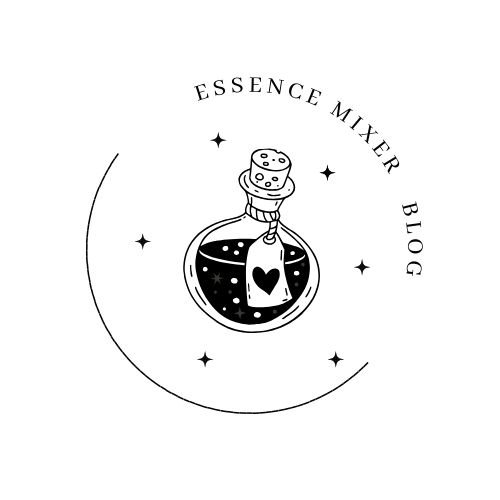
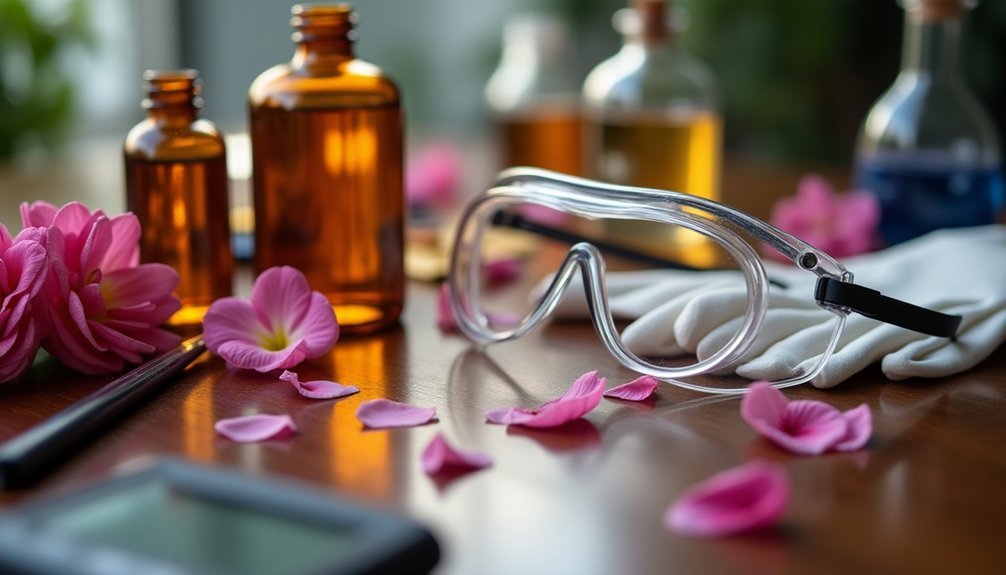
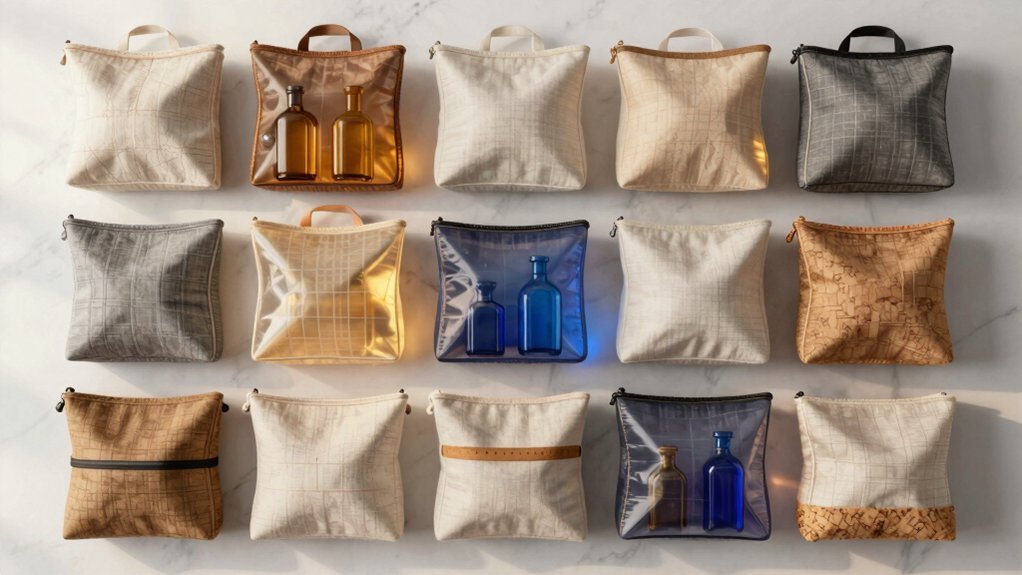
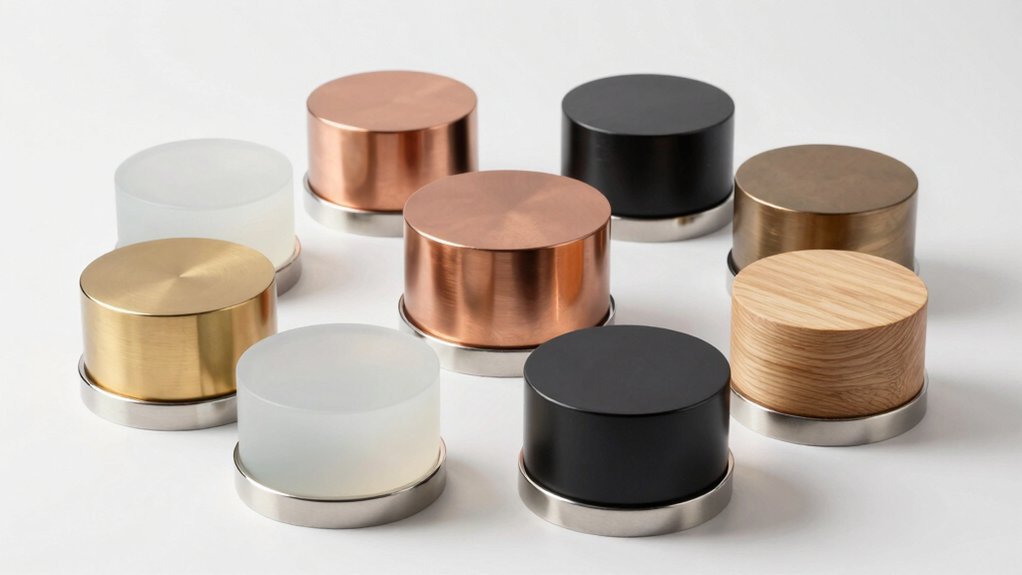
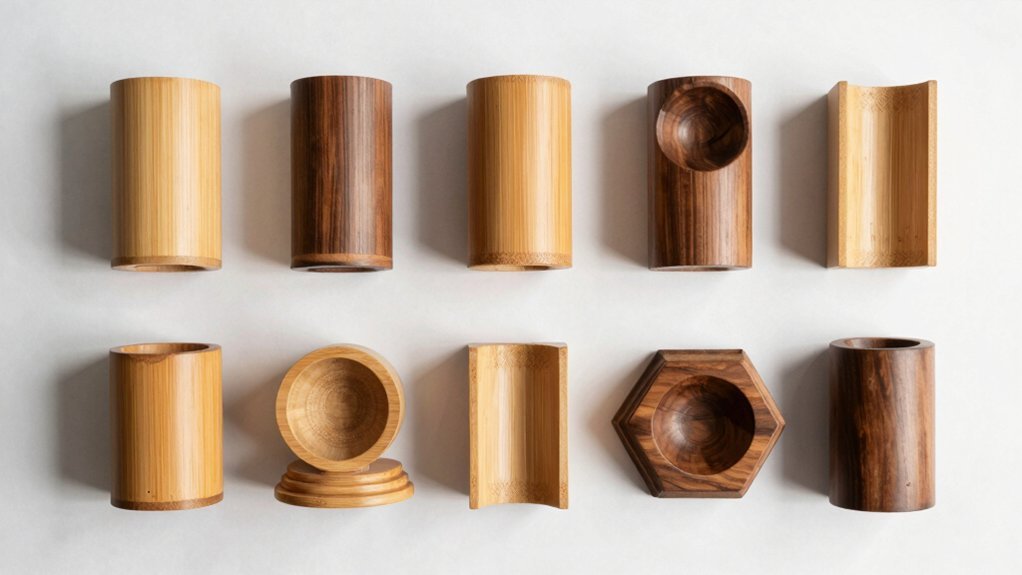
Leave a Reply